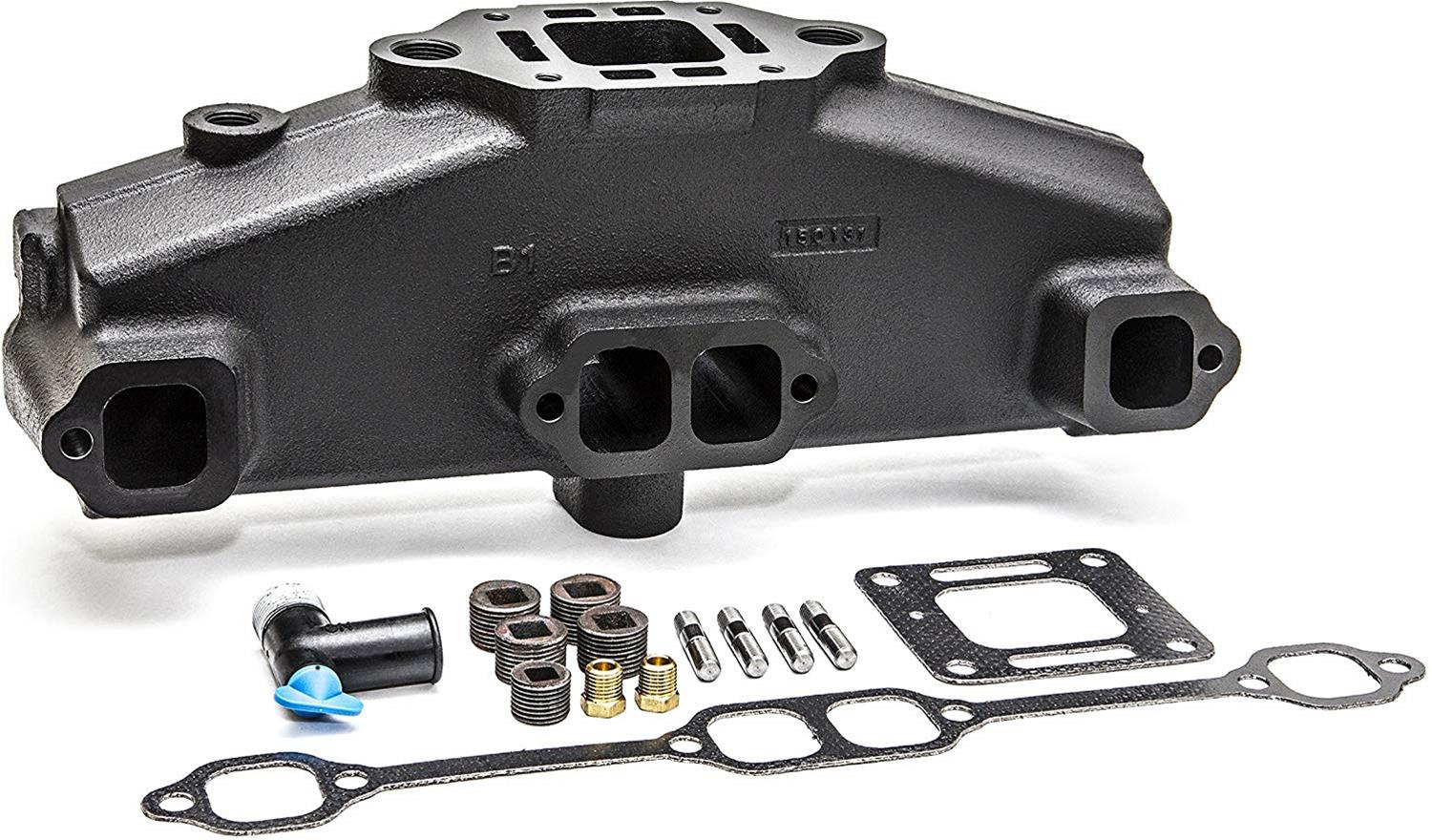When it comes to marine engines, efficiency is everything. A well-designed marine exhaust system plays a critical role in optimizing engine performance, reducing fuel consumption, and ensuring environmental compliance. The right marine exhaust design can make all the difference in keeping your vessel running at peak performance. If you’re looking to enhance your boat’s efficiency, understanding marine exhaust design is key.
The Importance of Marine Exhaust Design
Your boat’s exhaust system isn’t just about expelling gases—it directly impacts engine efficiency, temperature control, and fuel economy. A poorly designed system can cause excessive backpressure, overheating, and increased fuel consumption.
Key Ways Marine Exhaust Design Enhances Engine Efficiency
1. Reduces Backpressure
A well-optimized exhaust system ensures that gases exit smoothly, reducing strain on the engine. This minimizes resistance, allowing the engine to operate at maximum efficiency.
2. Improves Fuel Economy
When an exhaust system efficiently removes gases, the engine doesn’t have to work as hard. This leads to better combustion and lower fuel consumption, saving money in the long run.
3. Enhances Power Output
With less exhaust restriction, the engine can function at its optimal level, producing more power while using the same amount of fuel.
4. Prevents Overheating
Efficient exhaust designs incorporate water-cooling systems that keep temperatures in check, preventing engine damage caused by excessive heat.
5. Minimizes Emissions
By ensuring complete combustion and smooth gas expulsion, a high-quality exhaust system reduces harmful emissions, keeping your vessel compliant with environmental regulations.
Key Components of a High-Quality Marine Exhaust System
1. Exhaust Manifold
This component collects gases from the engine and directs them into the exhaust pipe. High-quality materials like stainless steel enhance durability and resistance to corrosion.
2. Silencers and Mufflers
Reducing noise without restricting gas flow is essential. Advanced mufflers and silencers ensure a quieter, more comfortable ride.
3. Water Injection Systems
Many marine exhaust systems use water injection to cool gases and reduce thermal stress on the engine components.
4. Exhaust Outlets
Properly designed outlets prevent backflow and ensure safe gas dispersion away from the vessel.
Common Issues Caused by Poor Marine Exhaust Design
1. Increased Fuel Consumption
If exhaust gases aren’t efficiently expelled, the engine burns more fuel to compensate, leading to higher costs.
2. Engine Overheating
Without effective temperature control, heat buildup can cause severe damage to the engine and other components.
3. Excessive Noise
A lack of proper mufflers or silencers results in loud, disruptive engine noise that can affect the boating experience.
4. Corrosion and Leaks
Saltwater exposure can corrode the exhaust system, leading to leaks that pose serious safety risks.
Choosing the Right Marine Exhaust System
When selecting an exhaust system for your vessel, consider:
- Vessel Size & Engine Type – Different boats require specific exhaust configurations.
- Material Quality – Opt for stainless steel or corrosion-resistant coatings for durability.
- Noise Control – If noise is a concern, choose a system with advanced mufflers.
- Emission Regulations Compliance – Ensure your exhaust meets environmental standards.
Final Thoughts
A well-designed marine exhaust system is essential for improving engine efficiency, reducing fuel costs, and ensuring compliance with emission regulations. Whether you’re a recreational boater or a commercial operator, investing in expert marine exhaust design will pay off in the long run. If you’re considering an upgrade, consult a professional to find the best solution for your vessel.
